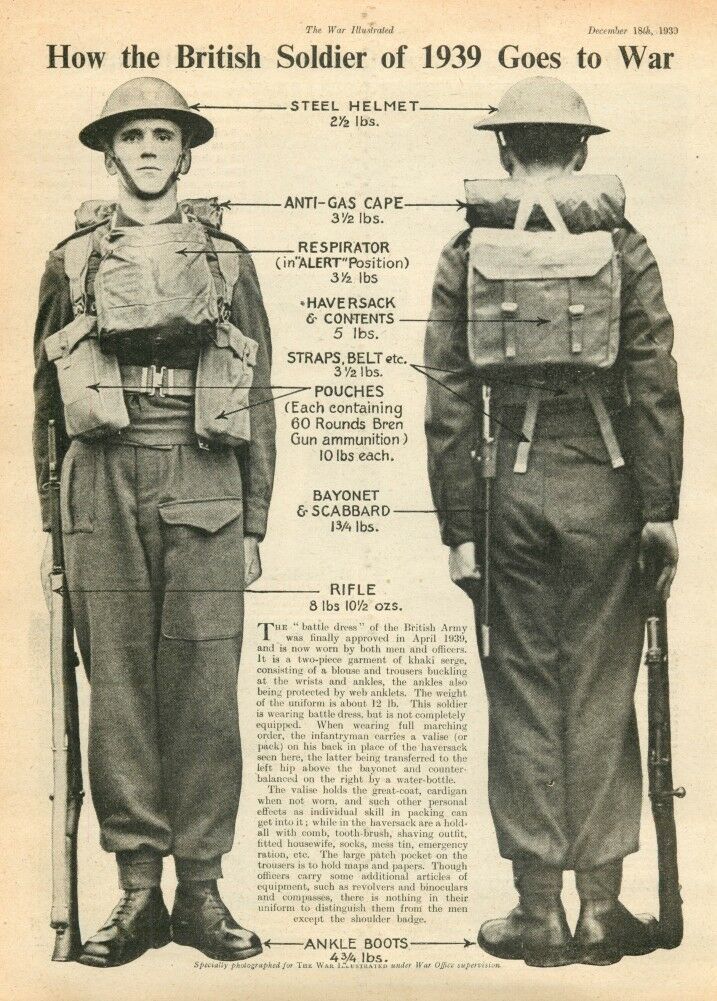The journey was not without incident. We stood on the boat-decks all night, and I was reprimanded for smoking. As I was a non-smoker I thought this was unfair – particularly as the culprit had faded into the darkness at the approach of the sergeant-major. We arrived in Cherbourg at about 6 a.m. We were told that we could go into the City, but to report to the main railway station at 6 p.m. The old hands immediately made their way to the red-light district, but as such things were still a mystery to me, a group of us found a cheap café where we had coffee and rolls. When it was noted that I could speak some French I became the group interpreter, and we spent the day wandering from café to café until it was time to go to the railway station.
We were confronted by a long string of goods wagons labelled with the immortal “8 chevaux ou 40 hommes”, and, true to the label, forty of us clambered aboard our allotted wagon. We set off into the night and, with occasional stops for water, we were still travelling 24 hours later. We had been issued with rations so we didn’t go hungry, but toilet facilities were very primitive. The staff at the French stations we did stop at must have thought the British Expeditionary Force pretty disgusting’.

We were travelling so long that we became convinced that we were heading towards the South of France and thence to North Africa. All the station names had been blacked out, and requests to staff for information were ignored. After about 36 hours of travel we were ordered to ‘detrain’. We found ouselves at Alencon, still in Northern France. We were then put into smaller groups for dispersal throughout the area. Our unit of about 30 men went by army truck to a village called Fyé, about fifteen miles from Alencon, and we were billeted in stables at a farm just outside the village itself. For me it was a remarkable change. From being a teacher in Yorkshire, I found myself less than one month later lying in the straw of stables in Northern France at the beginning of what was to be one of the bitterest winters this century. I had still had no training, and it did not appear that anyone could be bothered to give me any, so I became ‘unclassified’ – that is, ‘without qualification’, and thus available for all the menial tasks such as latrine and kitchen fatigues, with plenty of guard duty thrown in. Our young officer – same age as myself – was rarely available, so all complaints went to the sergeant- major – a regular soldier – and woe betide you if you crossed that feasome man.